Black Pepper Is What? A Flavorful Deep Dive into the King of Spices
Table of Contents
What Is Black Pepper?
Black pepper, often referred to as the 'king of spices,' is one of the most commonly used seasonings in kitchens around the world. But have you ever stopped to ask, black pepper is what? It's more than just a seasoning—it's a flavor enhancer, a health booster, and a culinary staple. Made from the dried berries of the Piper nigrum plant, black pepper has been prized for centuries not only for its pungent flavor but also for its medicinal properties.
So, if you're wondering, black pepper is what, it’s the dried fruit of a tropical vine that originated in South India. The berries are harvested when they're still green and then sun-dried, which causes them to darken and develop their signature heat and aroma.
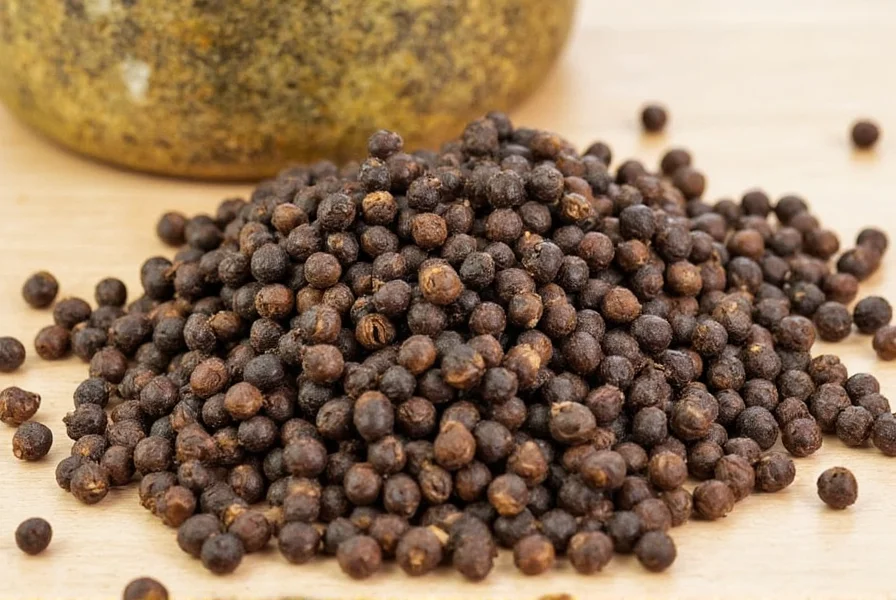
The Origins of Black Pepper
The history of black pepper is as rich as its flavor. Native to the Western Ghats of India, black pepper has been cultivated for over 4,000 years. It was once so valuable that it was used as currency and even called 'black gold.' Roman traders were among the first to bring it to Europe, where it became a highly sought-after commodity.
During the Middle Ages, black pepper was so rare and expensive that it was often stored in locked spice cabinets. The demand for it even fueled exploration and trade routes, leading to the age of discovery. Today, black pepper is grown in many tropical regions, including Vietnam, Indonesia, India, and Brazil.
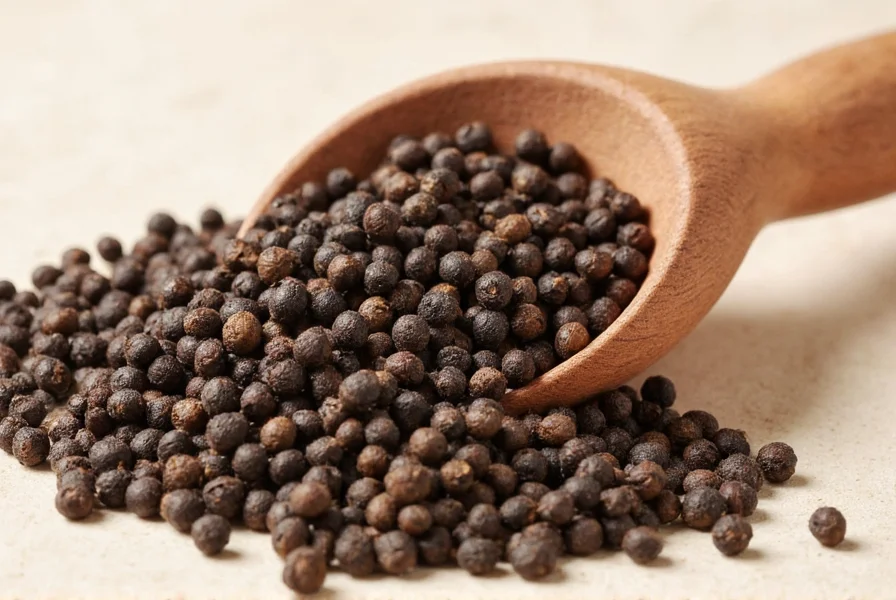
Types of Black Pepper
Not all black pepper is created equal. There are several varieties, each with its own unique characteristics:
- Whole Black Peppercorns: These are the dried berries, often used in pickling or grinding fresh at home.
- Ground Black Pepper: The most common form found in stores, made by grinding the peppercorns.
- White Pepper: Made from the same plant but using fully ripe berries, which are soaked to remove the outer layer, resulting in a milder flavor.
- Green Pepper: Unripe berries that are either dried or preserved in brine, offering a fresher, grassier taste.
- Red Pepper: Ripe berries that are often used in Asian cuisine for their intense flavor.
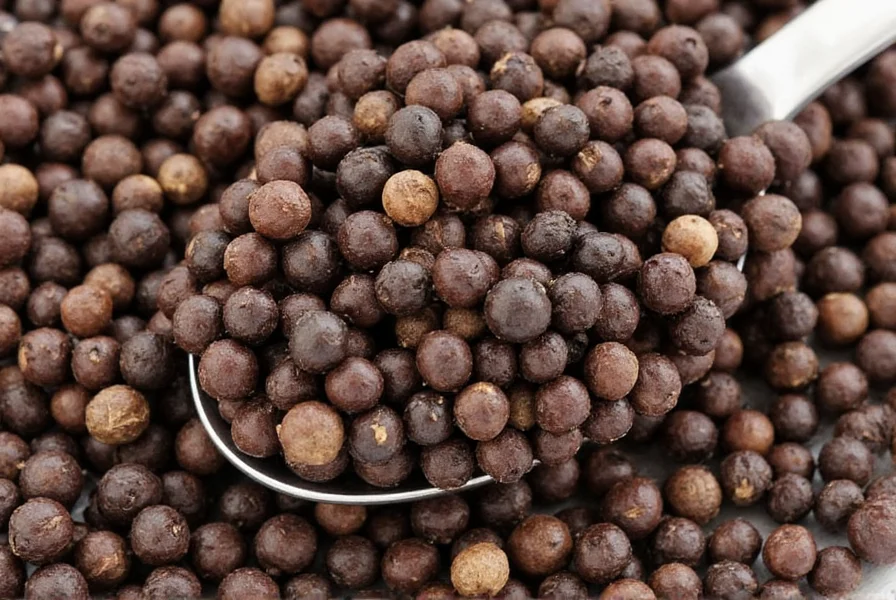
Practical Tips for Using Black Pepper
Whether you're a seasoned chef or a home cook, here are some practical tips to make the most out of black pepper:
- Grind Fresh: Ground pepper loses its potency quickly. Always grind your peppercorns just before use for maximum flavor.
- Add It Early: In cooking, black pepper can be added early in the process to let its flavor infuse into dishes.
- Pair It Wisely: Black pepper complements a wide range of ingredients—meat, vegetables, dairy, and even desserts.
- Use It Sparingly: A little goes a long way. Overusing it can make food bitter or overpowering.
- Store It Properly: Keep black pepper in an airtight container away from light and moisture to preserve its freshness.
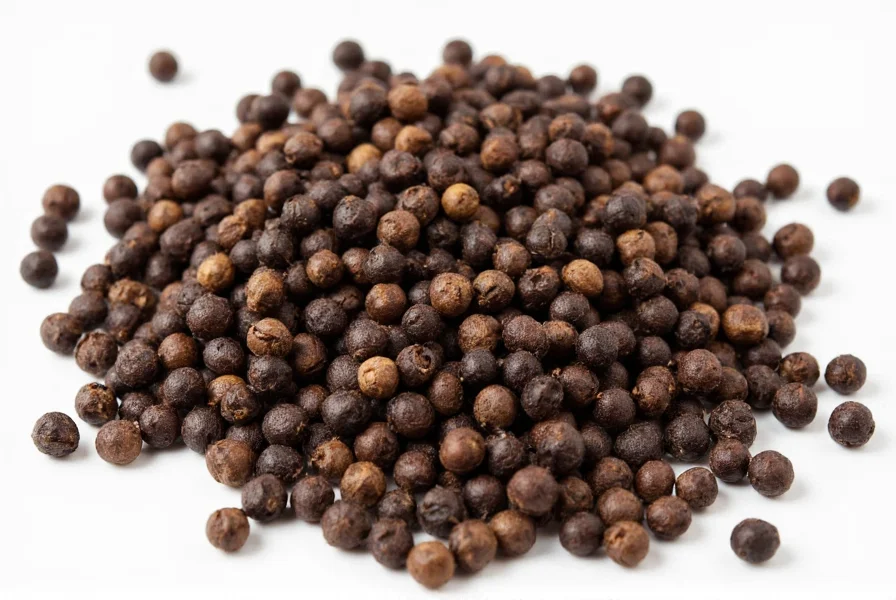
Buying Guide: How to Choose the Best Black Pepper
When it comes to choosing black pepper, quality matters. Here's a detailed guide to help you find the best product:
Top Black Pepper Brands and Products
| Product Name | Features | Advantages | Use Cases | Target Audience | Suitable Occasions |
|---|---|---|---|---|---|
| McCormick Ground Black Pepper | Classic, finely ground | Consistent flavor, widely available | Cooking, baking, seasoning | Home cooks, casual chefs | Daily meals, family dinners |
| Penzeys Whole Black Peppercorns | High-quality whole berries | Fresh flavor, ideal for grinding | Custom seasoning, gourmet cooking | Chefs, spice enthusiasts | Gourmet meals, special occasions |
| Lee Kum Kee Black Pepper | Asian-style, aromatic | Perfect for stir-fries and marinades | Asian cuisine, marinating | Asian food lovers, professional chefs | Stir-fry nights, dinner parties |
| McGee & Co. Organic Black Pepper | Organic, non-GMO | Eco-friendly, healthy option | Health-conscious cooking, organic recipes | Eco-conscious consumers, health enthusiasts | Organic meals, wellness routines |
When buying black pepper, look for products that are freshly ground or come in airtight packaging. Avoid powders that are too fine or have a dull appearance, as these may be old or low quality.
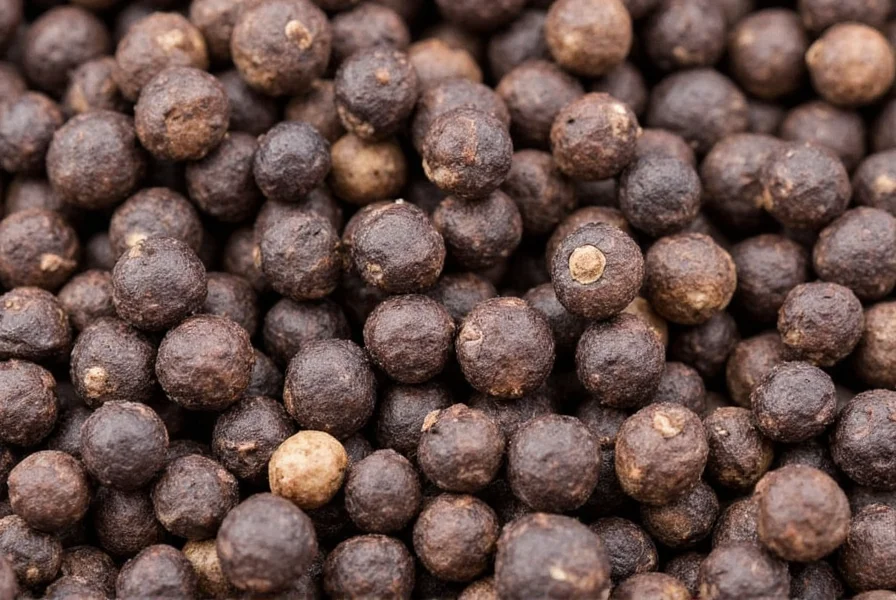
Conclusion
So, to answer the question, black pepper is what? It's more than just a seasoning—it's a powerful ingredient with a deep history, a wide variety of uses, and a unique flavor profile. Whether you're adding it to your favorite dish or exploring new ways to incorporate it into your cooking, black pepper is a must-have in any kitchen.
With the right knowledge and tools, you can elevate your cooking and enjoy the full potential of this incredible spice. So next time you reach for the pepper shaker, remember: black pepper is what makes your food taste alive.
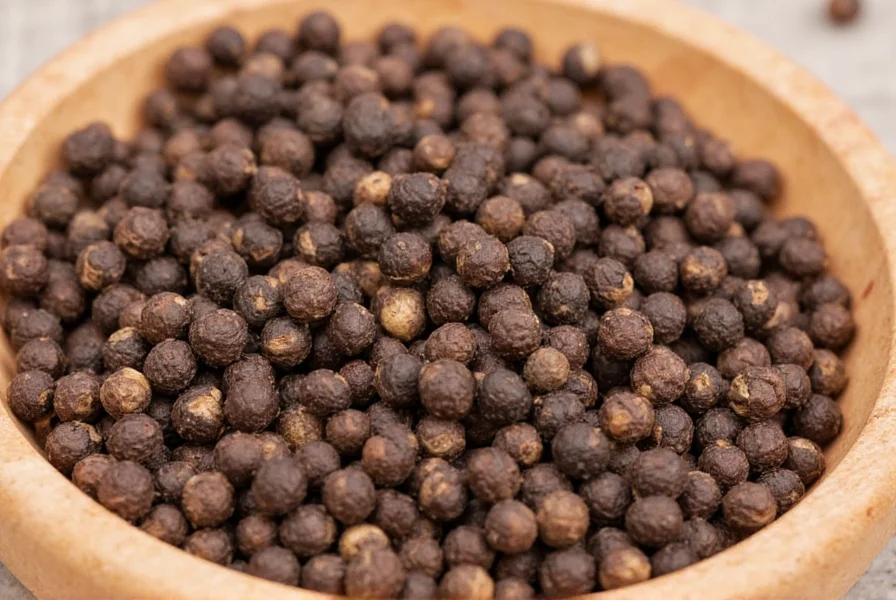
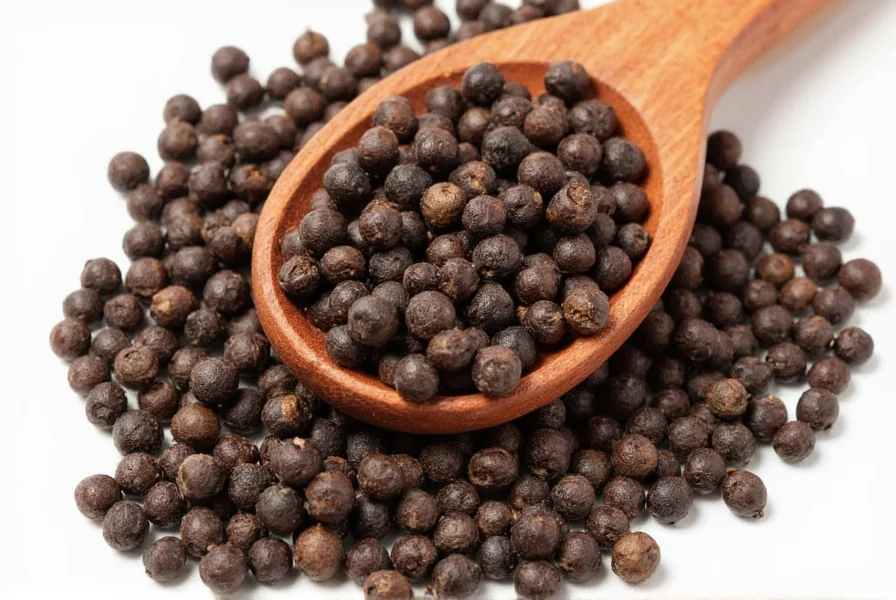
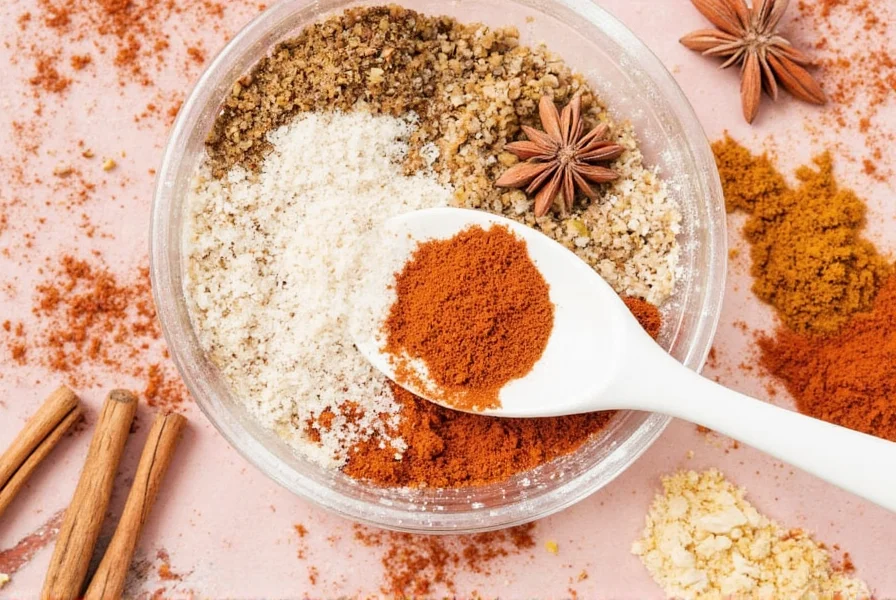
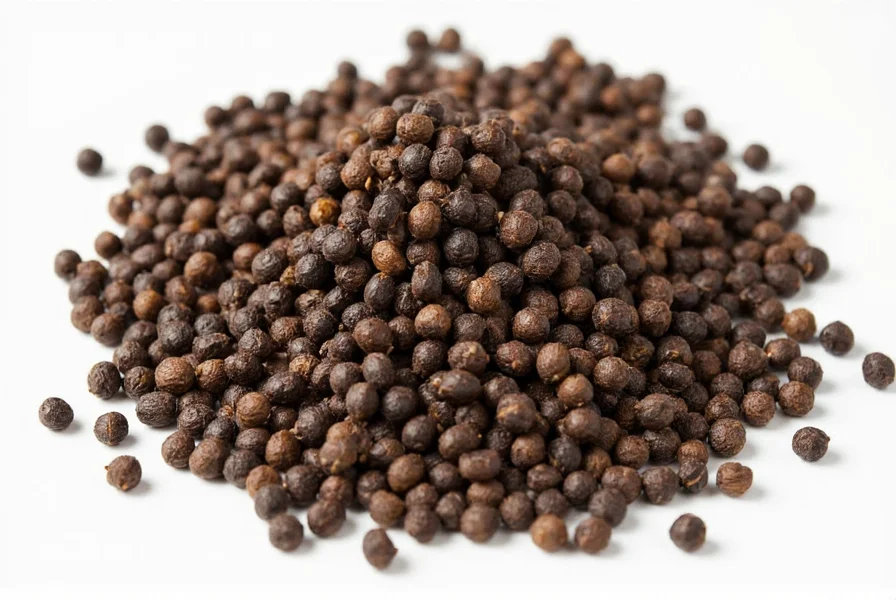
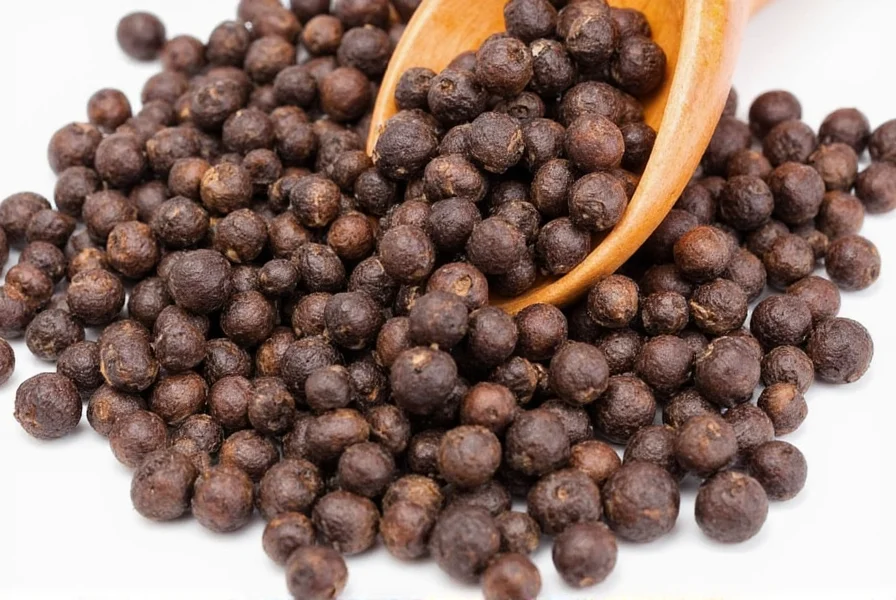

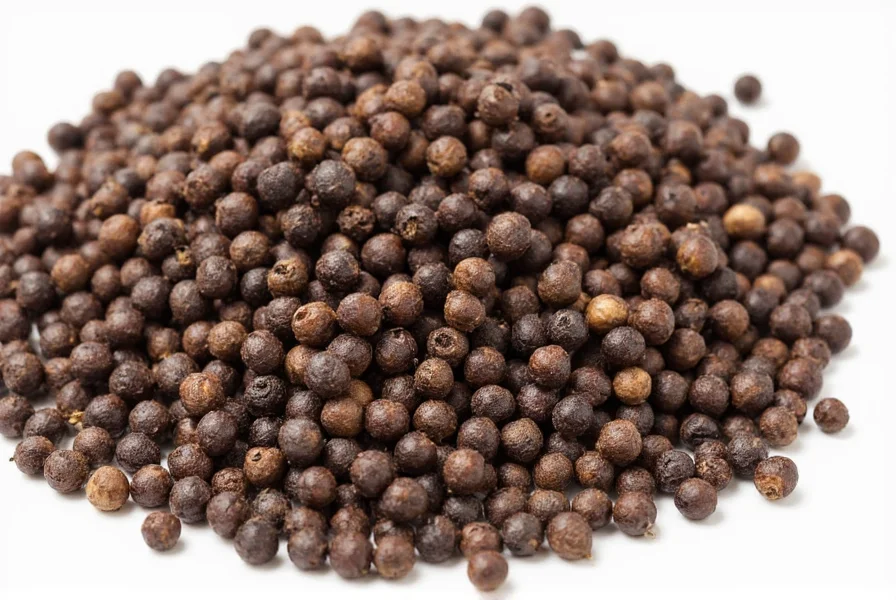









 浙公网安备
33010002000092号
浙公网安备
33010002000092号 浙B2-20120091-4
浙B2-20120091-4